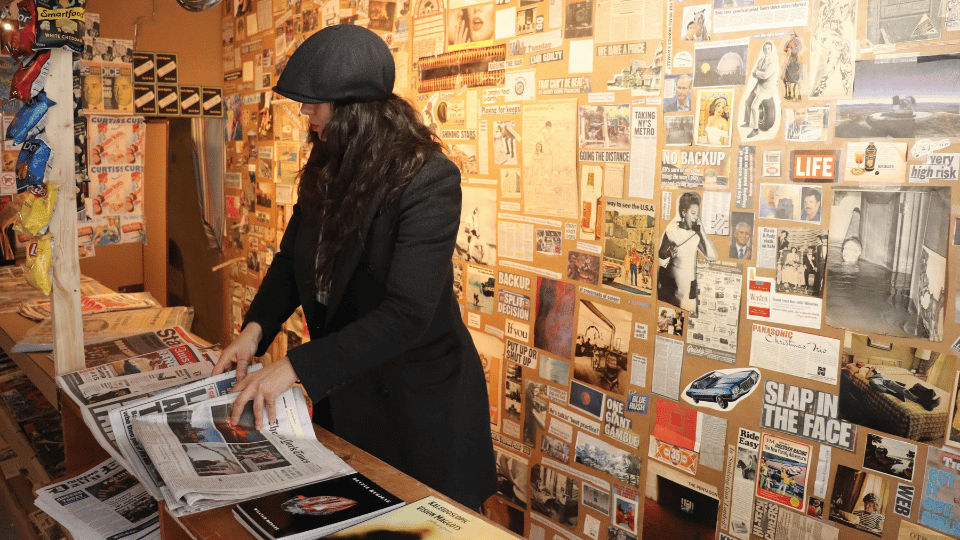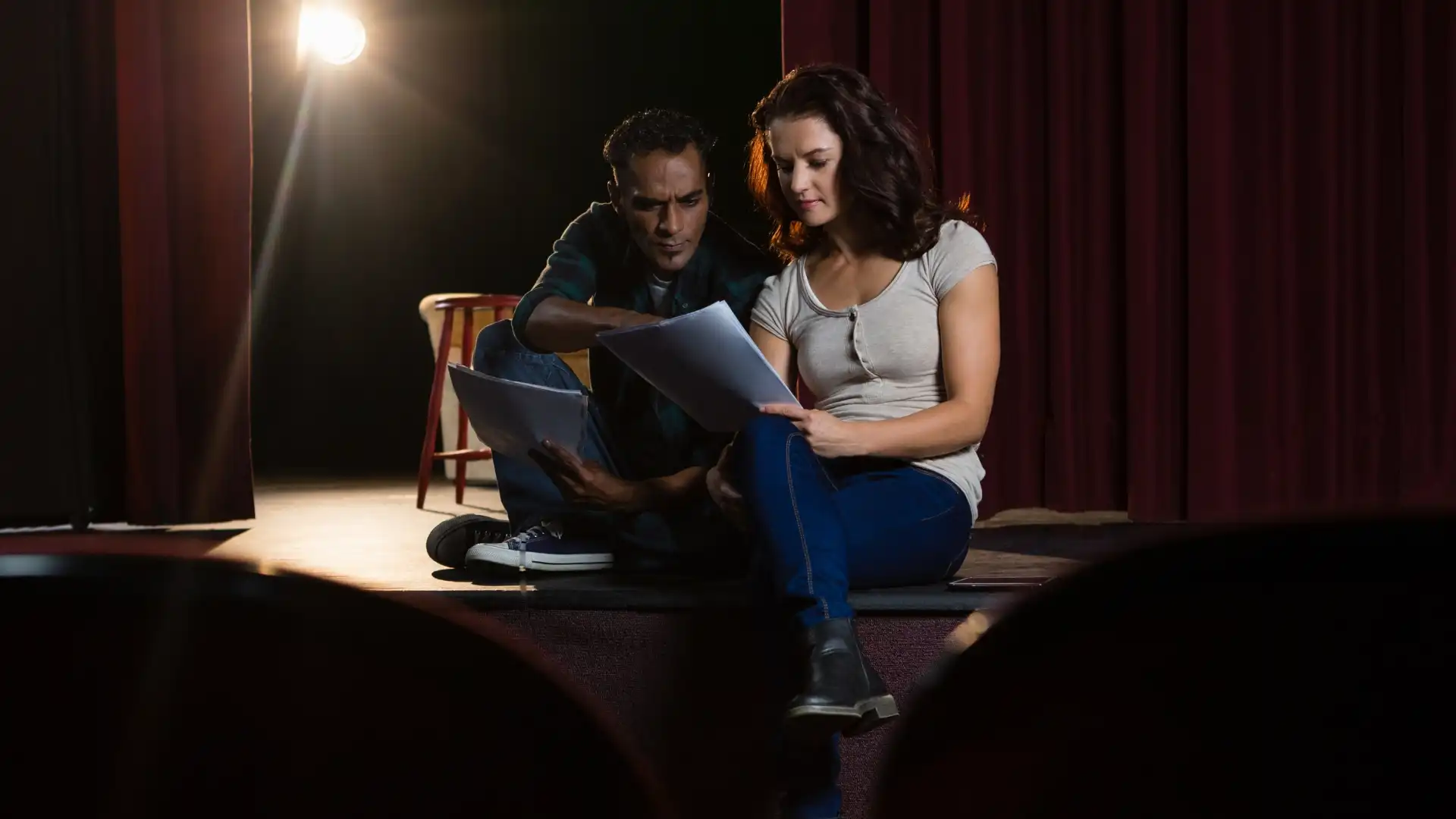Journalism’s Role in Historical Documentation
Journalism plays a crucial role in documenting and preserving history. Through the power of storytelling, investigative reporting, and capturing significant events, journalists have the responsibility of recording and presenting the facts to the public. In this blog post, we will explore the vital role that journalism plays in historical documentation and how it shapes our understanding of the past.
1. Reporting Historical Events
Journalists are on the front lines when it comes to reporting on historical events as they unfold. From wars and revolutions to natural disasters and political movements, journalists are there to document the happenings in real-time. Their reports provide a first-hand account of the events, capturing the emotions, struggles, and triumphs of the people involved. These reports become primary sources for future generations to understand and analyze historical events.
2. Investigative Journalism
Investigative journalism plays a crucial role in uncovering hidden truths and exposing corruption or wrongdoing. Through in-depth research, interviews, and analysis, journalists are able to shed light on historical events that may have been overlooked or intentionally hidden. Investigative journalists have played a significant role in uncovering government scandals, corporate fraud, and human rights violations, contributing to the historical record and holding those responsible accountable.
3. Preserving Oral Histories
Journalism not only focuses on written accounts but also plays a vital role in preserving oral histories. Through interviews and personal narratives, journalists can capture the stories and experiences of individuals who have lived through significant historical events. These oral histories provide a unique perspective and humanize the past, giving a voice to those who may have been marginalized or forgotten. Journalists help ensure that these stories are documented and shared with future generations.
4. Archiving and Digitizing Historical Content
In the digital age, journalists are at the forefront of archiving and digitizing historical content. Through online platforms, news organizations, and digital archives, journalists ensure that historical documents, photographs, and articles are preserved and accessible to the public. This allows for easy retrieval and analysis of historical information, making it invaluable for researchers, historians, and the general public.
5. Shaping Public Memory
Journalism has the power to shape public memory by presenting historical events in a certain light. The way journalists report on and interpret historical events can influence public opinion and understanding of the past. Journalists have a responsibility to present accurate and unbiased information, allowing the public to form their own opinions and interpretations of historical events.
6. Inspiring Future Generations
Journalism’s role in historical documentation extends beyond the present. By capturing and presenting historical events, journalists inspire future generations to pursue careers in journalism, history, and related fields. The stories and accounts documented by journalists serve as a source of inspiration and motivation for those interested in understanding and shaping the world around them.
Key Takeaways:
- Journalism plays a crucial role in documenting and preserving history through storytelling, investigative reporting, and capturing significant events.
- Journalists provide first-hand accounts of historical events, serving as primary sources for future generations to understand and analyze.
- Investigative journalism uncovers hidden truths, exposing corruption and contributing to the historical record.
- Journalists preserve oral histories, giving a voice to those who may have been marginalized or forgotten.
- Archiving and digitizing historical content ensures easy access and analysis of historical information.
- Journalism shapes public memory by presenting historical events and influencing public opinion.
- Journalists inspire future generations to pursue careers in journalism, history, and related fields.
To further enhance your knowledge and skills in the field of journalism, consider taking the NYU | Modern Journalism online course and certificate program offered by Yellowbrick. This comprehensive program will provide you with valuable insights and practical training to excel in the dynamic world of journalism. Start your journey today and make a meaningful impact on the documentation of history.








